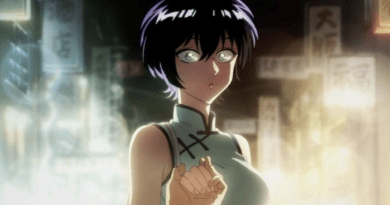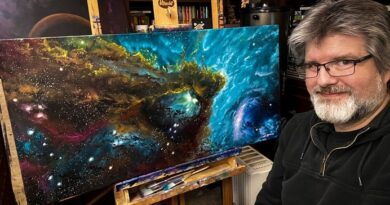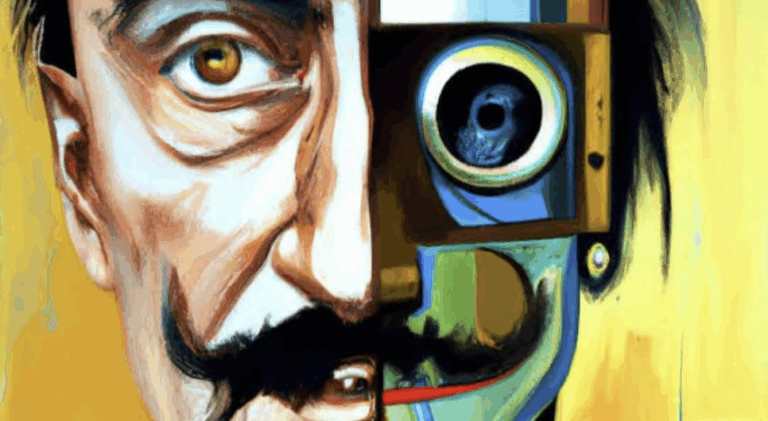
How AI Art Is Stirring Controversy in Comics
Artificial intelligence is revolutionizing industries at breakneck speed, and the comic book
world is no exception. While some creators are experimenting with AI-generated art as a tool
for inspiration or productivity, others see it as a looming threat to the integrity, livelihood,
and soul of the medium. The rise of AI art has sparked heated debates across the industry,
raising questions about creativity, ownership, and the future of comic book artistry.
AI art in comics is more than a tech trend, it’s a cultural flashpoint. While it may open doors
for some, it risks closing many more if left unchecked. For an industry built on passion,
individuality, and storytelling, the human touch remains essential. The question now is: can
AI coexist with the comic community without erasing what makes it special?
AI as a Tool vs. AI as a Shortcut

On one side of the conversation are creators who view AI art generators like Midjourney,
DALL·E, and Stable Diffusion as new tools, similar to how digital brushes or 3D modeling
once disrupted traditional workflows. For indie artists, AI can help quickly visualize
concepts, build references, or generate backdrops. It opens up new creative possibilities,
especially for those with limited resources.
However, this use quickly becomes controversial when AI art is used to replace rather than
support human artists. Comics are a deeply personal and expressive medium. Critics argue
that AI-generated visuals, no matter how realistic or stylistically appealing lack the
intentionality and nuance that a human artist brings to the page.
The Ethics of Data Scraping
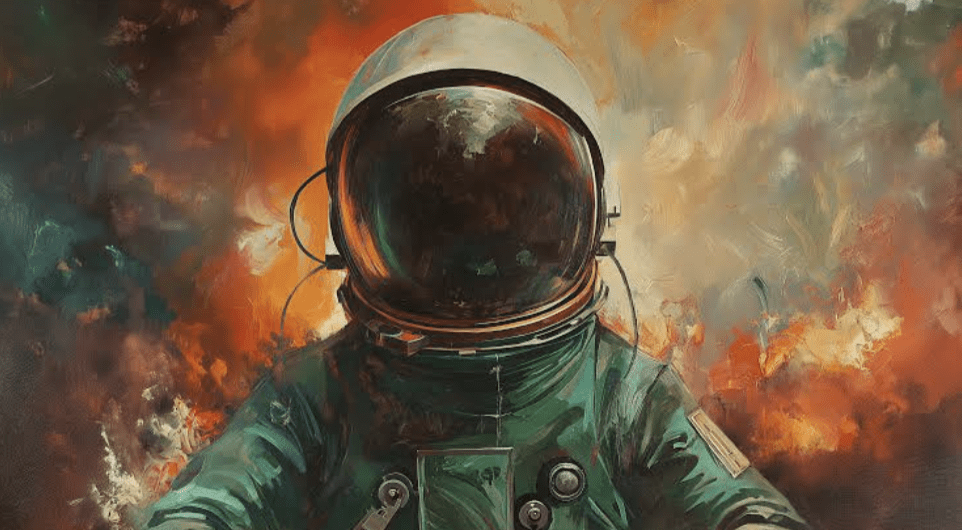
One of the biggest concerns surrounding AI art is how it’s trained. Most current AI models
are built by scraping the internet for millions of artworks,boften without the consent or
compensation of the original artists. That means AI-generated images are, in many ways, an
amalgamation of thousands of stolen works.
This has led to lawsuits and increasing backlash from artists across multiple industries,
including comics. Many creators feel that the use of their art in AI training sets without
permission amounts to digital plagiarism, devaluing their labor and violating intellectual
property rights.
When Publishers Get Involved

The controversy hit new heights when major comic publishers began dipping their toes into
AI-generated content. In 2023, Marvel’s Avengers: Twilight #1 used an AI-assisted variant
cover. Despite being approved and credited, fan reaction was swift and brutal. Many accused
Marvel of undermining working artists by promoting algorithmic artwork.
Other publishers, including smaller indies and webcomic platforms, have either flirted with
AI integration or issued blanket bans on its use. Skybound Entertainment, co-founded by The
Walking Dead’s Robert Kirkman, publicly committed to avoiding AI-generated content
altogether and siding with artists who feel their craft is under siege.
Independent Creators Divided
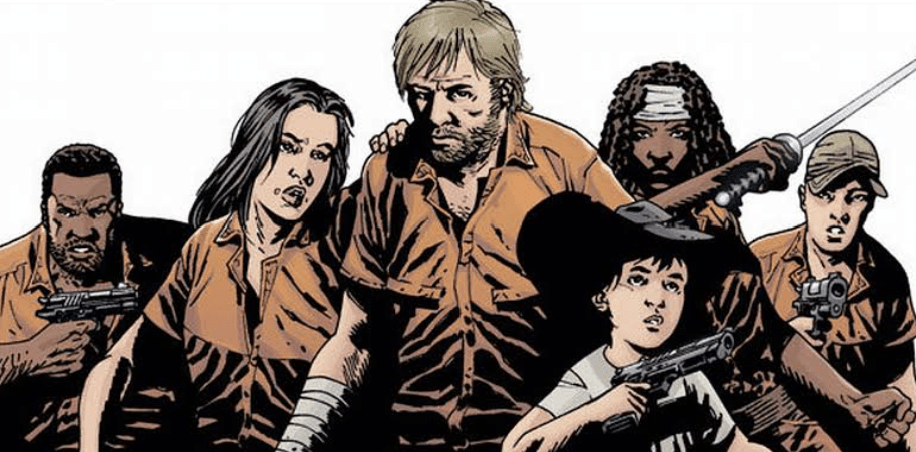
Among indie creators, opinions are mixed. Some see AI art as a cost-effective way to get
their stories off the ground, especially for solo creators who can’t afford to hire illustrators.
For them, AI offers a kind of creative liberation. Others, however, argue that using AI in this
way exploits the work of countless artists and undermines the collaborative nature of comics.
The ethical line becomes even blurrier when AI is used to mimic specific styles, sometimes
even deceased artists’ aesthetics. Is it homage, or is it theft? That question remains largely
unanswered.
The Future of Comic Art: Coexistence or
Conflict?
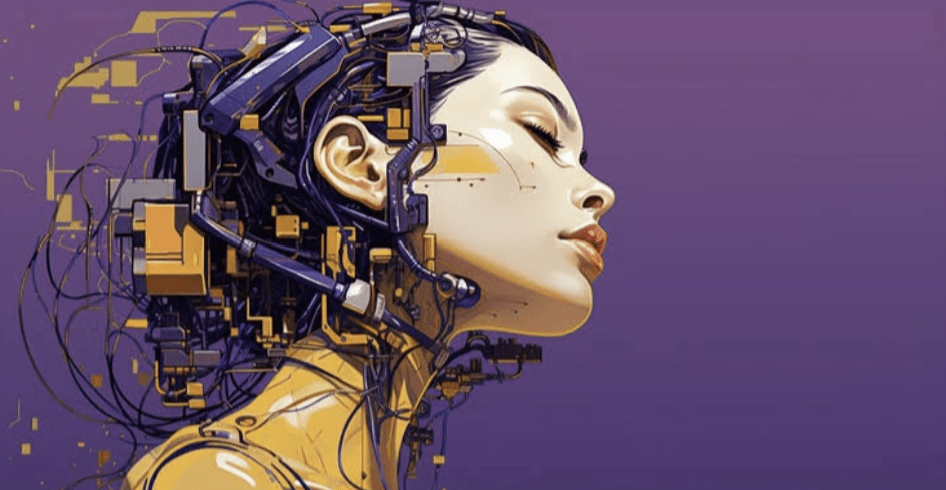
As AI tools become more powerful, the comics industry faces a critical crossroads. Can AI
art be used ethically and collaboratively, as a tool for experimentation rather than
replacement? Or will its unchecked use lead to widespread job loss and creative dilution?
Some artists are beginning to advocate for clearer guidelines, similar to how music samples
are regulated. They want AI developers to credit and compensate artists whose work was
used in training data. Others push for AI transparency labels on all published work, so readers
can make informed choices.
What’s certain is that the conversation isn’t going away. As AI continues to evolve, so too
will the challenges and opportunities it presents to comic creators and readers alike.


